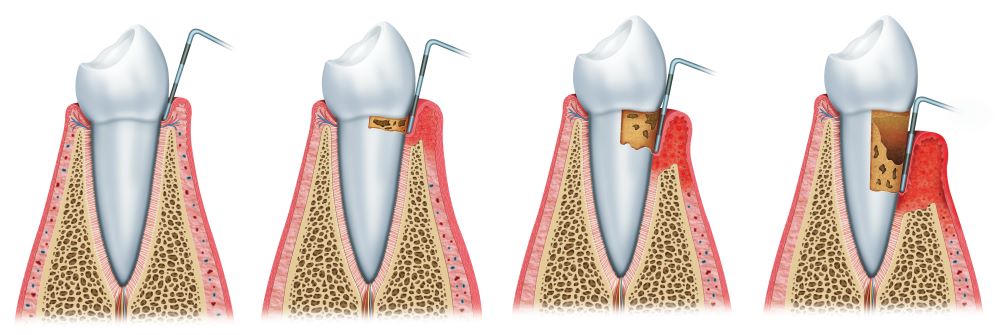
What are: Holistic Dentistry Approaches To Treating Periodontal Disease
Holistic dentistry approaches to treating periodontal disease are holistic, meaning they treat the whole person. This approach uses natural remedies and therapies that focus on both the physical and emotional components of oral health. A holistic dentist in Sacramento will assess your dental health with a holistic approach, meaning he will look at your overall health and lifestyle when making dental care recommendations.
The holistic approach begins by looking at how diet, lifestyle habits, stress, environment, and other factors may contribute to periodontal disease. Once these factors have been identified, holistic dentists may recommend changes in diet or lifestyle habits such as quitting smoking or reducing intake of sugary foods and drinks. Other holistic treatments may include using nutritional supplements like omega-3 fatty acids or herbs known for their antimicrobial properties. Some holistic dentists may also suggest using ozonated water to stimulate healing and reduce inflammation in the gums. Oil pulling is another great way to prevent plaque from easily attaching to teeth. If plaque does not attach to teeth, then calculus does not form and a periodontal infection is avoided.
Another important holistic approach to treating periodontal disease is to reduce the amount of plaque buildup and bacteria in the mouth by recommending certain types of toothpaste or mouthwash. Additionally, holistic dentists may suggest toothbrush techniques or tools such as tongue scrapers to help remove plaque from hard-to-reach areas of the mouth. Regular professional cleanings can also be beneficial for reducing plaque buildup as well as uncovering any underlying gum problems before they become severe.
Finally, holistic dentists may suggest relaxation techniques to help reduce stress levels which can contribute to periodontal disease by weakening the immune system’s ability to fight off infection. Holistic dentistry takes an individualized approach when evaluating gum health so that each patient gets treatment tailored specifically for them rather than settling for generic treatments that don’t necessarily address his/her unique needs.
